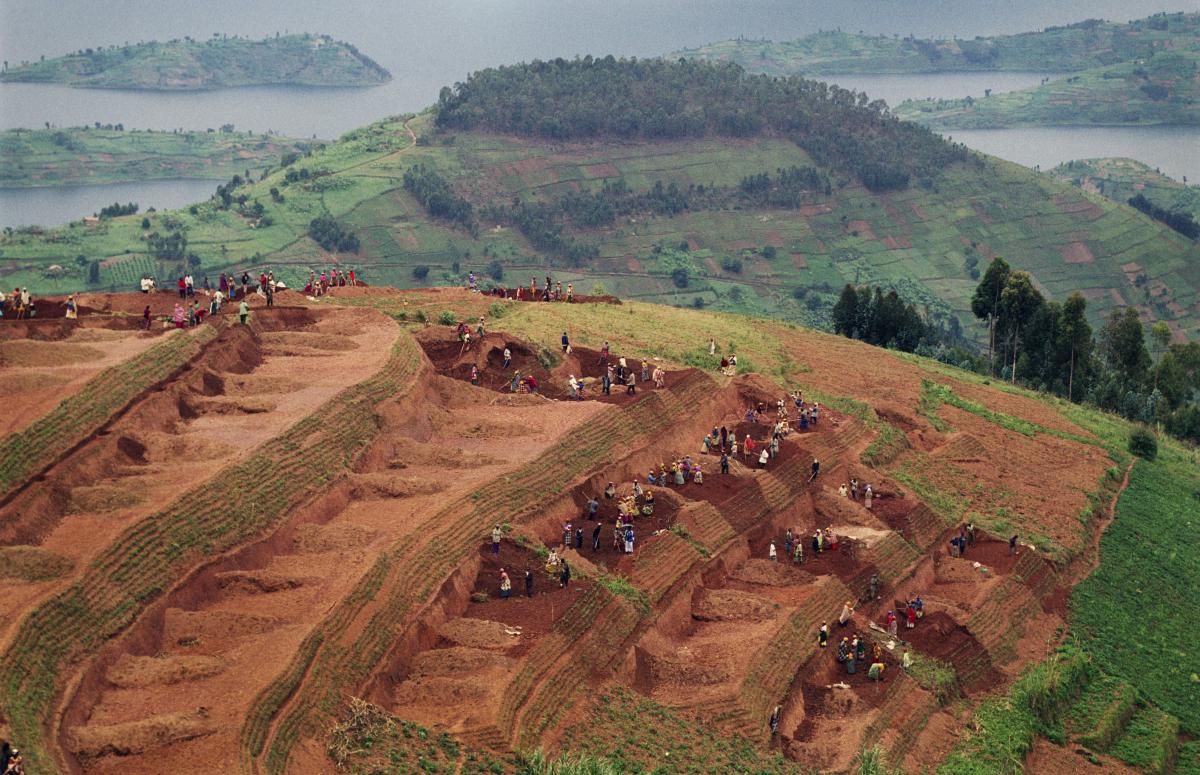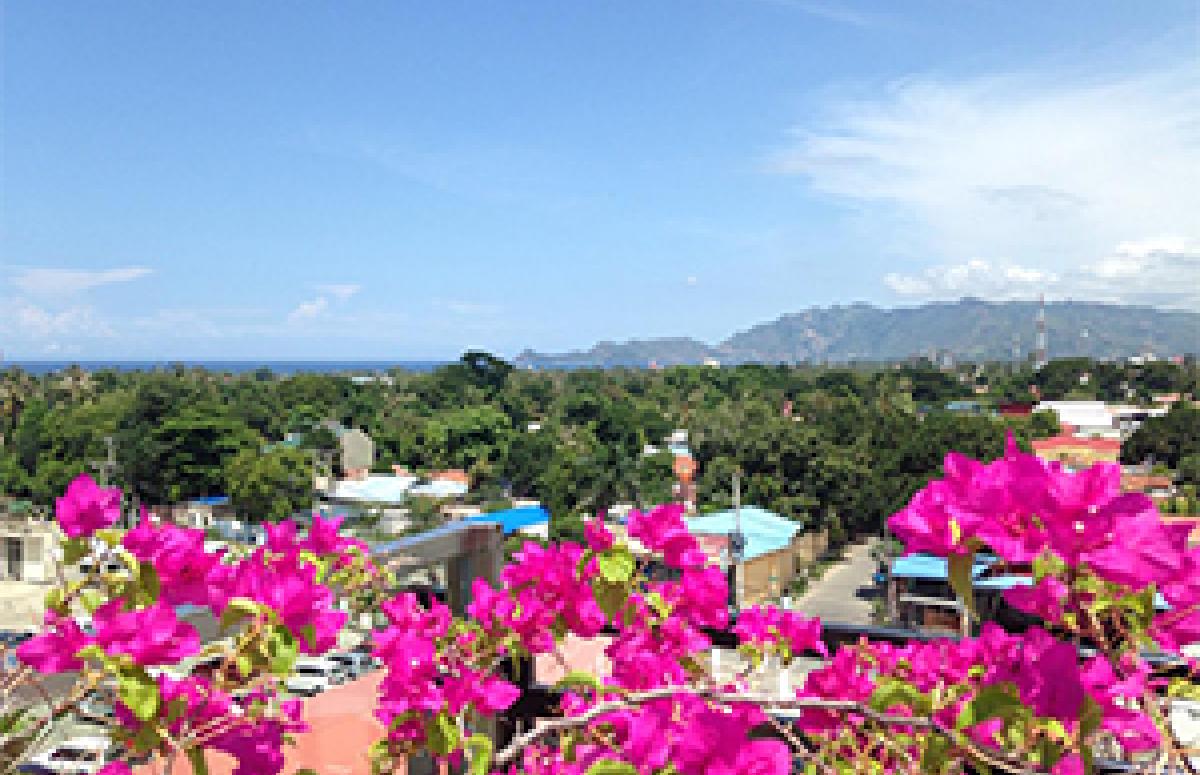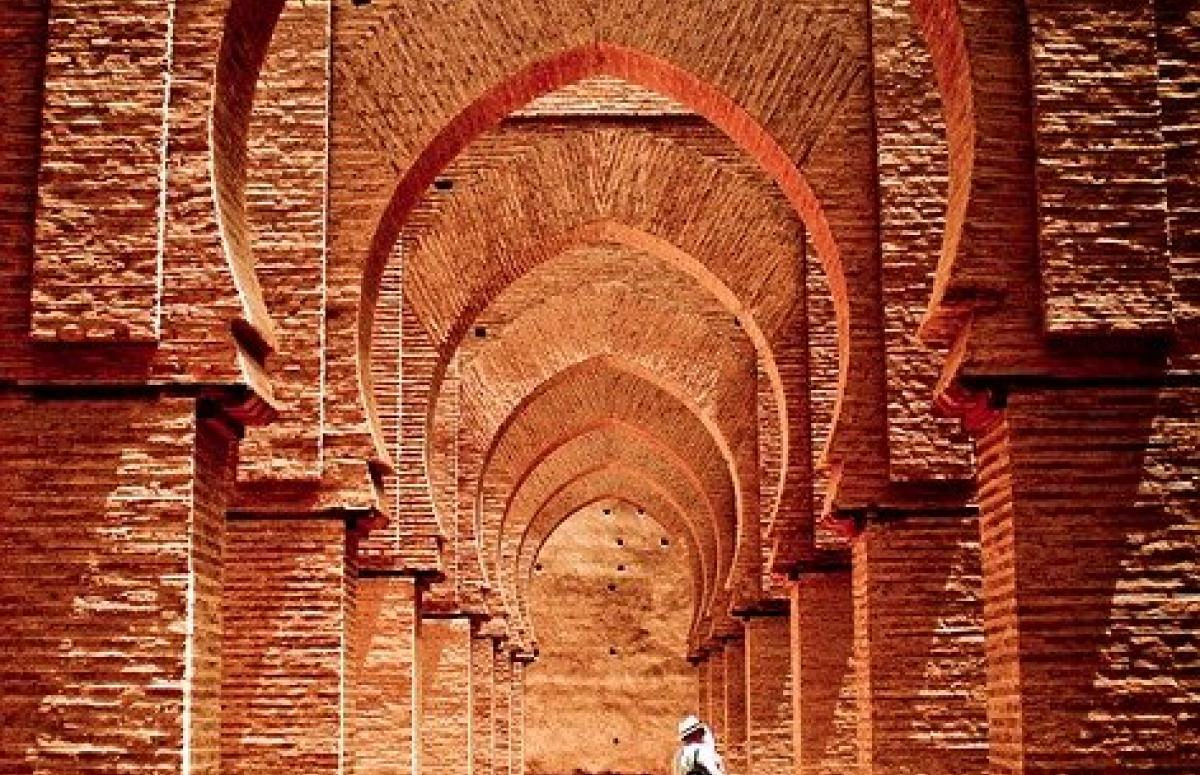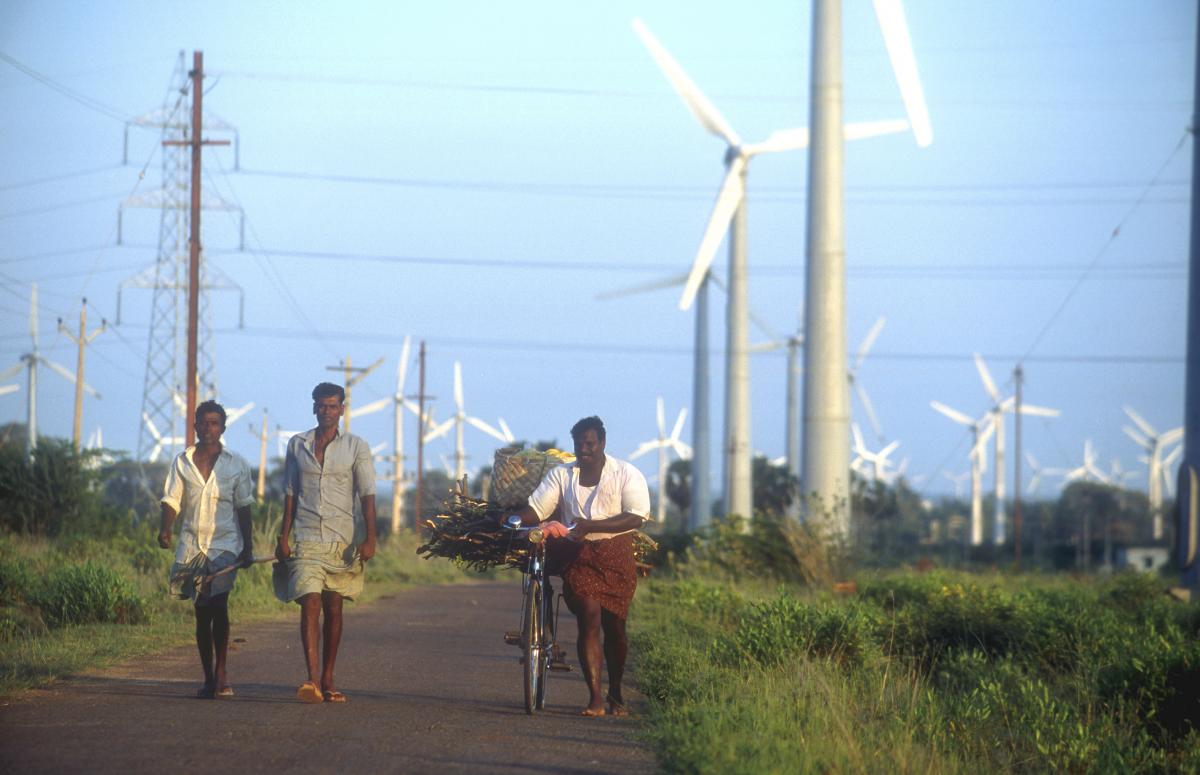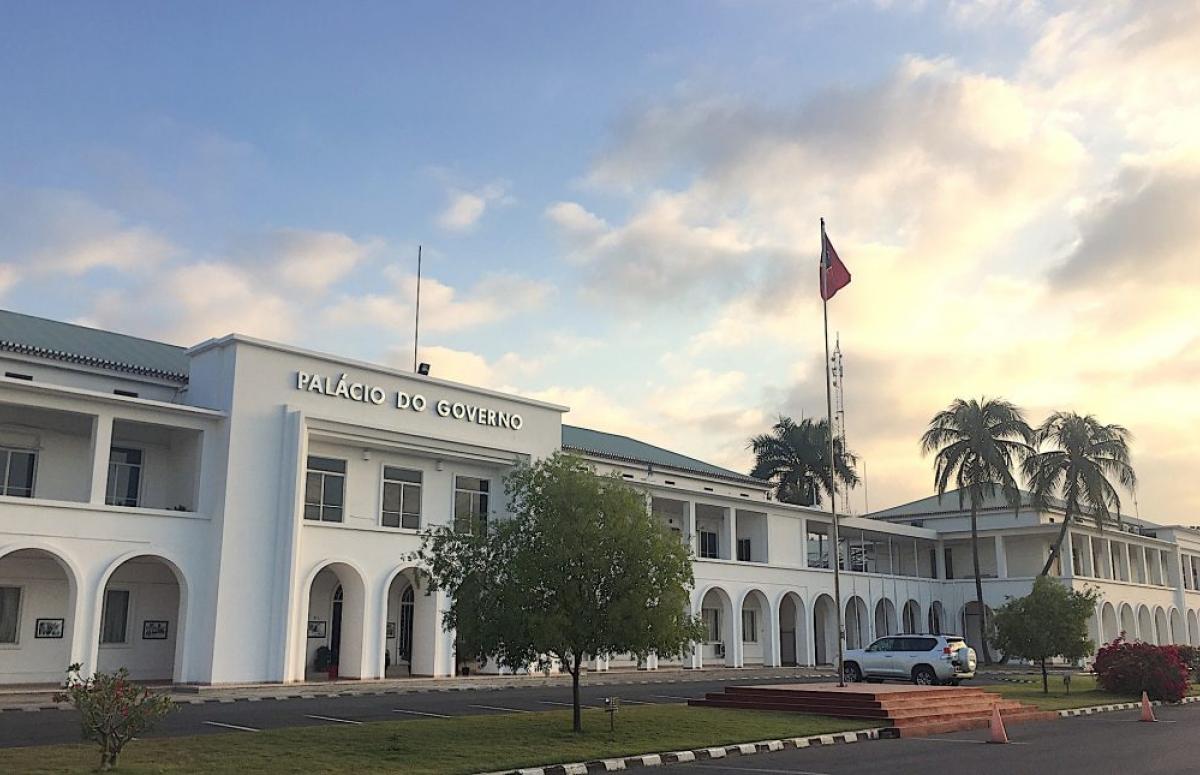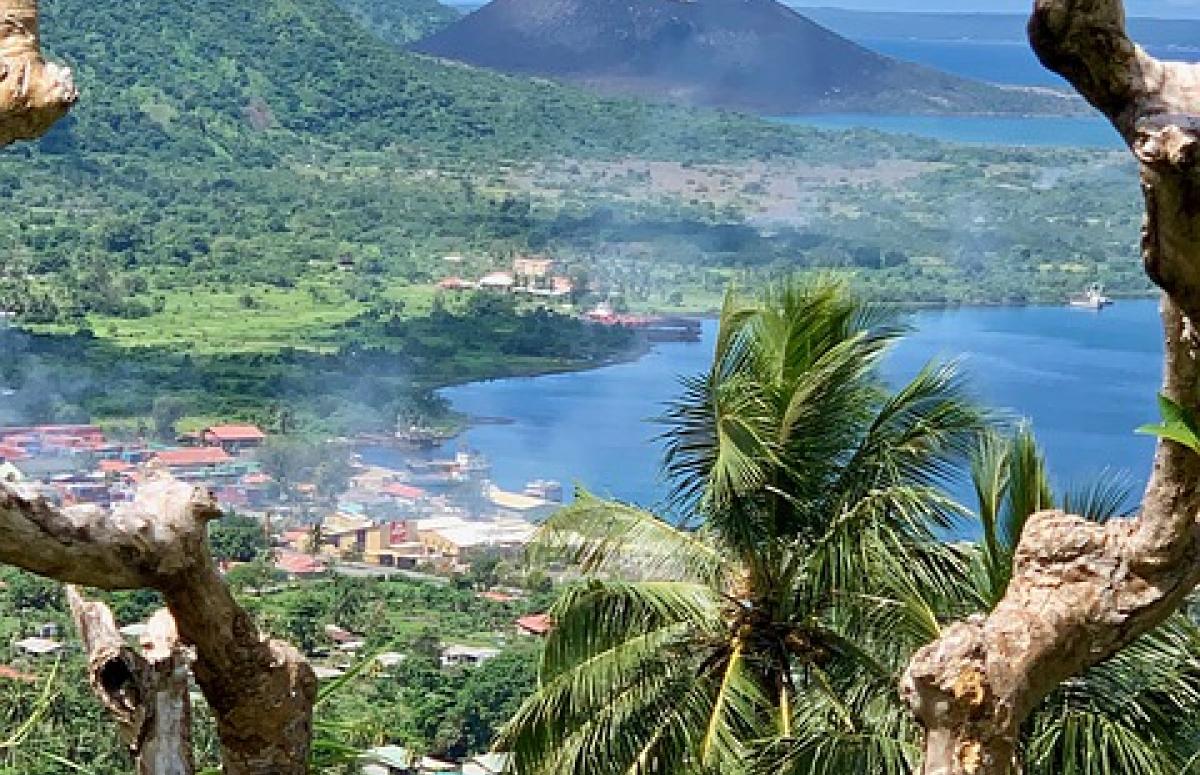Policy Practice Projects
We support positive change across low- and middle-income countries. We undertake political economy analysis, strategic and policy work, and operational research. We lead programme designs, reviews, and evaluations. We advise programmes and organisations how to ‘think and work politically’.
We also run a flagship training course on political economy analysis.
Afghanistan
Albania
Bangladesh
Benin
Bolivia
Brazil
Cameroon
Chad
Chile
Colombia
Ethiopia
Ghana
Guyana
Haiti
India
Indonesia
Kenya
Kyrgyzstan
Malawi
Malaysia
Mali
Montenegro
Morocco
Mozambique
Myanmar
Nepal
Nigeria
Pakistan
Philippines
Rwanda
Serbia
Sierra Leone
Somalia
South Africa
South Sudan
Tanzania
Timor-Leste
Tunisia
Uganda
Vietnam
Yemen
Zambia
Zimbabwe
Lebanon
Australia
Ukraine
Turkey
Peru
Switzerland
Niger
Saint Helena
Sri Lanka
Burundi
Libya
The team, led by Gareth Williams, TPP Director, and lead researcher Theodore Trefon, undertook a political economy analysis (PEA) as part of the on-going Demographic Diagnostics Commission. The PEA built on DFID’s understanding of historical legacies, political interests and DFID’s room for manoeuvre in the contexts in which DFID is working.
This political economy analysis, led by TPP Principal Olly Owen with TPP Associate Sa'eed Husaini, looked at the drivers of policy and factors affecting implementation around climate and environment issues in Nigeria.
While in Timor-Leste, Laure-Hélène Piron provided assistance to The Asia Foundation's Tourism Team to develop their own capacity to ‘think and work politically’. She facilitated a participative process for the team to undertake a political economy analysis of tourism opportunities at the international, national and local levels, and to adopt an adaptive management approach.
Laure-Hélène Piron, Policy Practice Director, is leading a scoping study for the British Embassy in Morocco of the criminal justice system. The project will analyse how Moroccans access justice, weak points in the criminal justice chain, and the incentives that are promoting or blocking reform.
Gareth Williams is leading the political economy analyses of health security systems in Côte d’Ivoire and Niger for the DAI implemented Tackling Deadly Diseases in Africa Programme.
Sam Gibson led the 2019 Annual Review of the DFID Expanding Social Protection Programme in Uganda.
Australia’s Department of Foreign Affairs and Trade (DFAT) requested a review of its Governance for Development Program in Timor Leste (2014-2021). It examined the programme's relevance, efficiency and effectiveness, including the extent to which it is able to Think and Work Politically.

